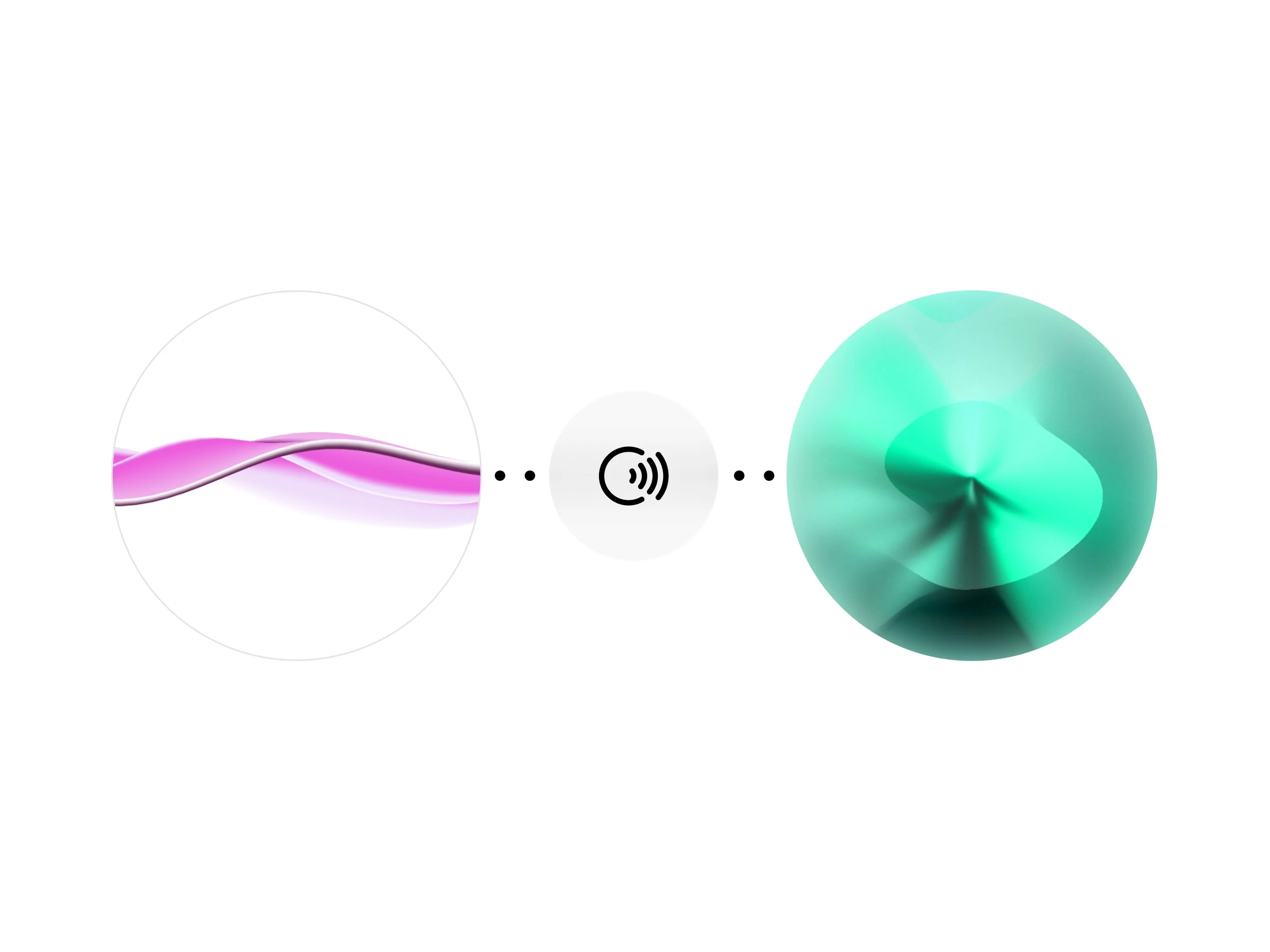
Our noise remover strips background noise and leaves crisp clear speech perfect for film, podcast, and interview post production

Clear audio is crucial for delivering a professional and engaging podcast. Background noise can distract listeners and detract from the content you're trying to share. Whether you're dealing with traffic sounds, wind noise, or other unwanted background noise, learning how to clean up your audio will greatly enhance the overall listening experience.
The ElevenLabs Voice Isolator is a powerful noise reduction software designed to isolate and enhance voice recordings. It works by using AI to clean up the audio of your podcast, identifying background noise, and delivering a polished, professional stream.
Try it out for free below.

Our noise remover strips background noise and leaves crisp clear speech perfect for film, podcast, and interview post production

Need to reduce background noise from your podcasts? Give ElevenLabs' voice isolator a go. Here’s how to use it:

Our noise remover strips background noise and leaves crisp clear speech perfect for film, podcast, and interview post production
Achieving clear, professional-quality audio for your podcast involves a combination of preparation, real-time monitoring, and post-recording processing. Here’s a detailed guide on how to clean up your audio at every stage of the production process.
Choose the right recording environment: Selecting a quiet space for recording is the first step in reducing background noise. Aim for a room away from traffic, HVAC systems, and other noise sources. Adding soundproofing materials like foam panels or heavy curtains can further dampen unwanted sounds and improve the acoustics of your recording space. This proactive podcast recording approach helps minimize background noise from the start, making the subsequent editing process easier.
Use high-quality equipment: Investing in a good-quality microphone can significantly enhance your audio quality. Look for microphones with built-in noise-canceling features to help minimize unwanted background noise. Accessories like pop filters and windshields are also essential. Pop filters reduce plosive sounds, while windshields help in outdoor recordings by minimizing wind noise. Proper setup and handling of this equipment are crucial to capturing clear audio.
Monitor audio in real-time: Wearing headphones while recording allows you to hear exactly what’s being captured. This helps you catch any unwanted sounds immediately and make necessary adjustments on the spot. Additionally, setting the correct input levels on your recording device prevents distortion and ensures optimal sound quality. Real-time monitoring is essential for maintaining control over the recording process and ensuring high-quality audio.
Utilize noise gates: A noise gate is a useful tool that helps to eliminate unwanted background noise by cutting off audio signals below a certain threshold. This is particularly helpful in maintaining a clean audio signal during quiet moments in your podcast. Setting up a noise gate during recording can reduce the need for extensive post-processing and help maintain a consistent audio quality throughout your recording.
Use software solutions for noise reduction: Tools like ElevenLabs' voice isolator are powerful solutions designed to clean up your audio recordings by isolating the human voice. They're the most powerful option if you want to eliminate podcast background noise.
Manually remove noise: Manually editing out unwanted sounds from your audio recording can be time-consuming but offers precise control over noise removal. Identify specific segments with unwanted noise and use editing tools to remove or reduce them. This technique is particularly useful for eliminating intermittent noises that automated tools might miss.
Apply filters and effects Using high-pass filters can help remove low-frequency noise from your recordings. High-pass filters allow frequencies above a certain threshold to pass through while cutting off lower frequencies. Other useful effects include equalization and compression, which can further enhance the clarity and consistency of your audio.
By combining these methods and tools, including the powerful ElevenLabs voice isolator, you can achieve clear, high-quality audio for your podcasts, ensuring a professional and enjoyable listening experience for your audience.
Producing a professional-quality podcast requires clear, clean audio. Background noise can distract listeners and diminish the impact of your content. By carefully selecting your recording environment, using high-quality equipment, and applying effective post-processing techniques, you can significantly enhance the audio quality of your podcasts.
Tools like ElevenLabs' voice isolator offer powerful solutions for removing unwanted background noise and enhancing the human voice in your recordings. Combined with proactive measures such as soundproofing your recording space and real-time monitoring, these tools help ensure that your podcasts sound polished and professional.
Don't let unwanted noise undermine your podcast. Implement these strategies and tools to deliver high-quality audio that engages and retains your audience. Try ElevenLabs' voice isolator today and experience the difference it can make in your podcast production.

Learn how to repurpose text into podcasts
.webp&w=3840&q=95)
Not every student in Germany grows up with access to academic role models. InteGREATer e.V. was founded to change that.